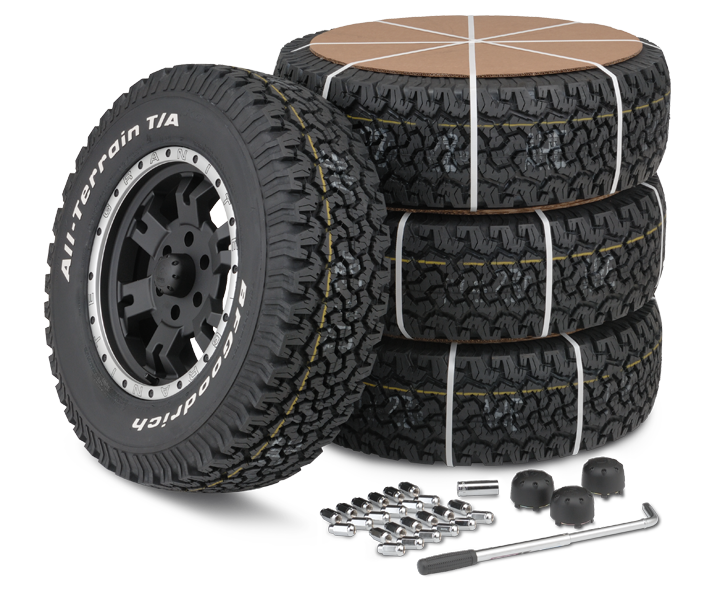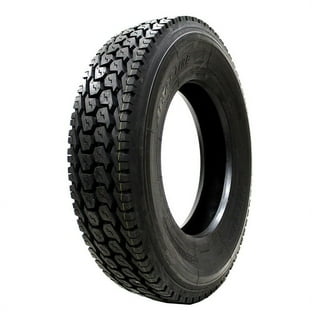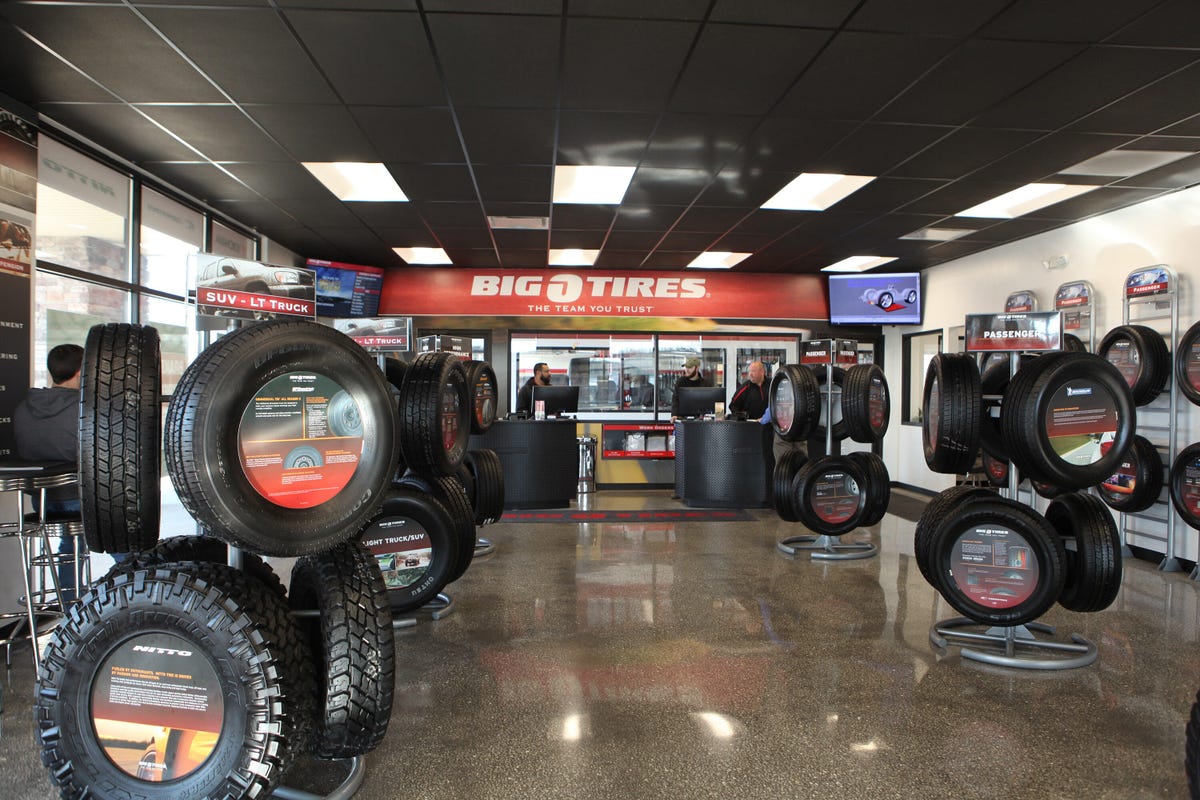Get Professional Tire Solutions at Tire Shop Morris: Fulfillment Ensured
Get Professional Tire Solutions at Tire Shop Morris: Fulfillment Ensured
Blog Article
Tire Solution: Recognizing Tire Stress Surveillance Solutions
Understanding Tire Pressure Tracking Equipments (TPMS) is a critical facet of maintaining ideal vehicle performance and security when traveling. With innovations in automobile modern technology, TPMS has ended up being a typical function in modern-day vehicles, supplying real-time details on tire stress levels. Digging much deeper right into the complexities of TPMS, one can reveal the different parts that make up this system and the value of each in ensuring exact monitoring. From direct to indirect TPMS systems, the landscape of tire stress surveillance varies, each with its distinct set of factors to consider and benefits. Stay tuned to unwind the complexities of TPMS, from maintenance pointers to the indisputable benefits of maintaining your tires correctly inflated. discount tires morris il.

Importance of TPMS
The importance of Tire Pressure Surveillance Equipments (TPMS) depends on their capability to enhance car safety and security and performance through real-time tracking of tire stress levels. Keeping the proper tire pressure is crucial for guaranteeing optimal handling, braking, and total safety and security of an automobile. TPMS offers motorists with prompt responses on any kind of overinflated or underinflated tires, enabling prompt adjustments to be made.
Parts of TPMS
Making up numerous essential aspects, a Tire Stress Surveillance System (TPMS) operates as an advanced safety and security attribute in contemporary vehicles. The major elements of a TPMS include sensors, a control component, and a warning sign. Sensing units are typically located in the tire valve stem or affixed to the wheel assembly, where they gauge tire stress and transmit information to the control module. The control module processes this information and sets off a warning if it finds significantly reduced pressure in any one of the tires. The caution indicator, often a symbol on the control panel, signals the driver to examine the affected tire or tires. Some progressed TPMS versions likewise show the real tire stress analyses for each and every tire, giving motorists with real-time details to ensure optimal tire efficiency and safety and security. By keeping track of tire pressure constantly, TPMS assists avoid accidents, lowers tire wear, and improves gas effectiveness, making it an essential component for vehicle safety and efficiency.
Sorts Of TPMS

On the other hand, indirect TPMS relies upon the car's wheel rate sensors to keep track of tire stress. This system detects underinflation by contrasting the rotational rates of the wheels. Indirect TPMS is much less expensive than direct TPMS, as it makes use of existing sensors within the car.
While straight TPMS uses extra accurate analyses, indirect TPMS is easier in layout and commonly calls for less upkeep. Both systems have their benefits and constraints, and the option between them typically depends upon variables such as price, car make, and personal choice. Comprehending the differences in between these 2 types of TPMS can help automobile proprietors make educated decisions pertaining to tire maintenance and security.
TPMS Maintenance Tips
Efficient maintenance of TPMS is crucial for making sure optimal performance and safety of your automobile. Frequently evaluating the TPMS sensing units for any type of damage or deterioration is critical. Ensure that the sensors are complimentary and clean from particles that might hinder their functioning. Additionally, it is suggested to examine the sensor batteries periodically and replace them as needed to guarantee exact readings. Conduct regular look at the Go Here tire pressure degrees and compare them with the TPMS analyses to ensure they correspond. If there are any kind of disparities, rectify the system complying with the manufacturer's standards. In addition, during tire turning or replacement, make certain that the TPMS parts are managed thoroughly to stop any type of potential damage. Last but not least, if the TPMS alerting light illuminates on the dashboard, attend to the issue immediately by checking the tire stress and the total system for any mistakes. By adhering to these upkeep pointers, you can prolong the lifespan of your TPMS and improve the security of your driving experience.
Benefits of Appropriate Tire Pressure
Keeping proper tire pressure, as highlighted in TPMS Upkeep Tips, is important for gaining the countless advantages associated with optimal tire stress degrees. One of the main advantages of maintaining the correct tire stress is boosted gas performance. When tires are effectively inflated, there is less go to my site rolling resistance, resulting in better fuel economy. Additionally, proper tire pressure ensures also tire wear, expanding the life expectancy of the tires and advertising more secure driving problems. With the appropriate tire stress, automobiles likewise have better handling and grip, particularly in negative weather problems. This can boost general driving efficiency and safety for the driver and guests. Preserving optimal tire stress can contribute to a smoother and more comfy trip by decreasing resonances and noise created by underinflated tires. Finally, the benefits of proper tire pressure exceed just tire durability; they encompass enhanced fuel effectiveness, boosted safety, much better vehicle efficiency, and total driving convenience.
Verdict
To conclude, understanding tire pressure monitoring systems (TPMS) is vital for maintaining ideal tire stress and ensuring car security. By acknowledging the relevance of TPMS, being familiar with its elements, recognizing the various kinds readily available, sticking to correct upkeep tips, and realizing the benefits of preserving correct tire pressure, vehicle drivers can boost their driving experience and prolong the lifespan of their tires. Proper tire pressure is crucial to efficient and safe vehicle operation.

Report this page